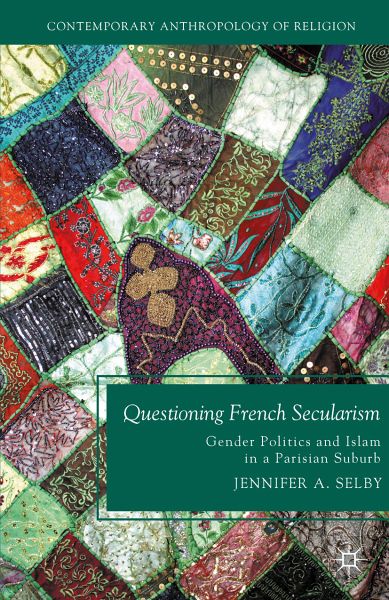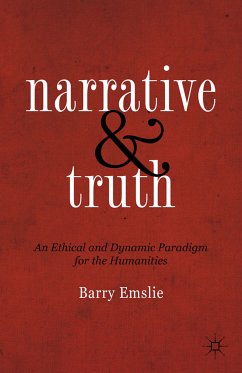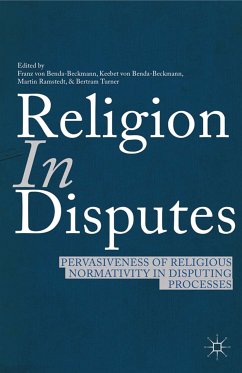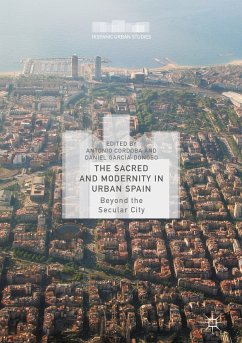
Questioning French Secularism (eBook, PDF)
Gender Politics and Islam in a Parisian Suburb
Versandkostenfrei!
Sofort per Download lieferbar
40,95 €
inkl. MwSt.
Weitere Ausgaben:

PAYBACK Punkte
20 °P sammeln!
Based on extensive ethnographic fieldwork, this book examines how contemporary secularism in France is positioned as a guarantor of women's rights. Selby argues that the complex "fetishization" of headscarves in public, governmental, and feminist French discourse positions publicly-visible Muslim women in ways that obscure their engagement with laïcité (French secularism).
Dieser Download kann aus rechtlichen Gründen nur mit Rechnungsadresse in A, B, BG, CY, CZ, D, DK, EW, E, FIN, F, GR, HR, H, IRL, I, LT, L, LR, M, NL, PL, P, R, S, SLO, SK ausgeliefert werden.












